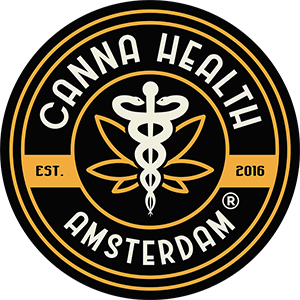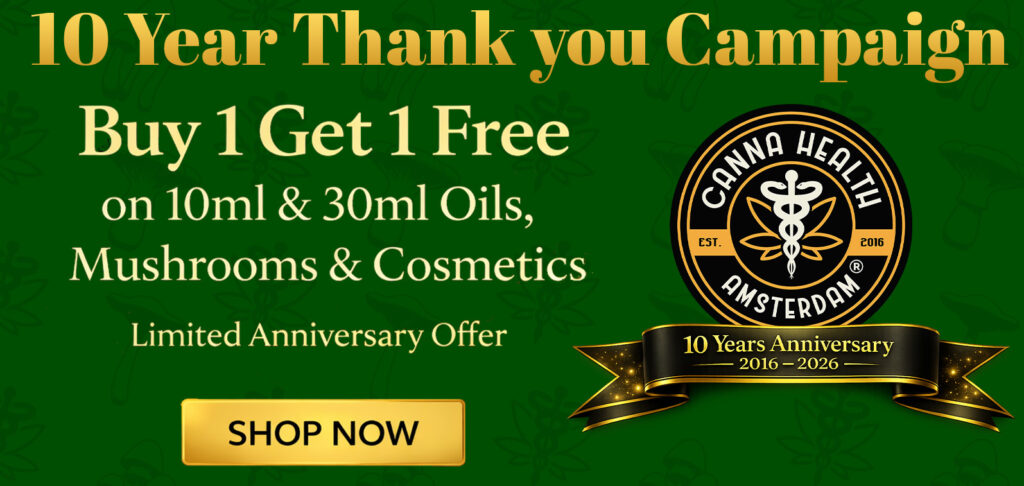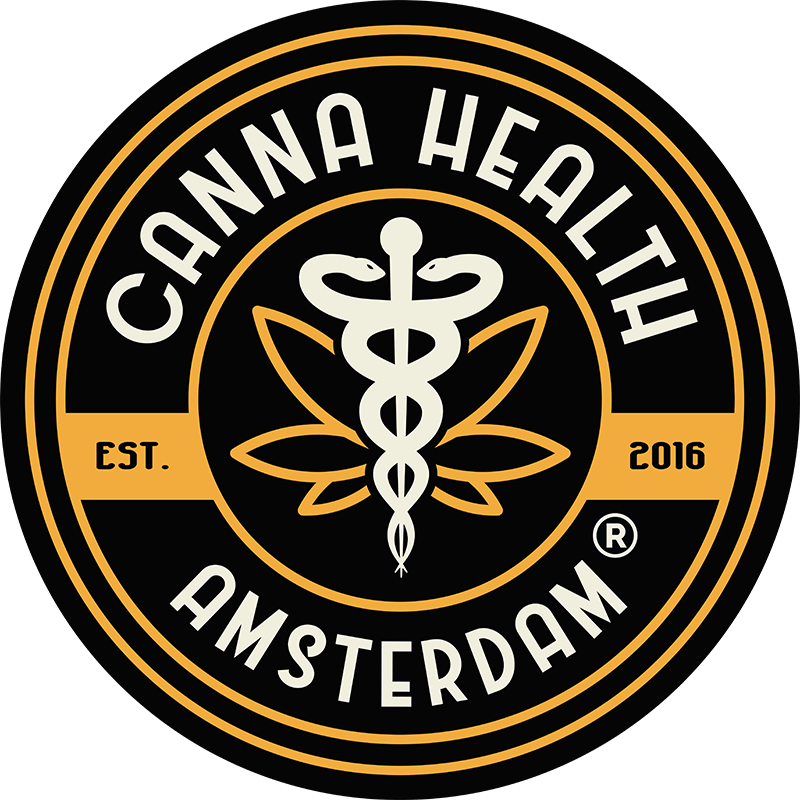Full Spectrum vs Isolate CBD Oil: What’s the Difference?
One of the most common questions people ask when shopping for CBD is whether to choose full-spectrum, broad-spectrum, or isolate CBD oil. Each type offers distinct benefits — but the right one depends on your goals, sensitivity, and how you plan to use CBD.
This article breaks down the differences between full-spectrum and isolate CBD oils, their pros and cons, and how to choose what fits your wellness routine.
👉 If you’re new to CBD, start here: What Is CBD Oil – Benefits, Uses & Legality in Europe.
What Is Full-Spectrum CBD Oil?
Full-spectrum CBD oil contains all naturally occurring compounds from the hemp plant, including:
- Cannabidiol (CBD)
- Minor cannabinoids (CBG, CBC, CBN)
- Terpenes and flavonoids
- Trace THC (up to 0.2% in the EU)
These compounds work together through the entourage effect, meaning they may enhance each other’s benefits.
✅ Pros of Full-Spectrum CBD
- Encourages full-body balance via entourage effect
- Contains natural hemp compounds for stronger synergy
- Often preferred by users seeking maximum effect
⚠️ Cons of Full-Spectrum CBD
- May contain trace THC (under EU limits but detectable)
- Slight earthy taste
- Not ideal for those who must avoid THC completely
Full-spectrum CBD oils are legal in the EU as long as THC remains below 0.2%, following EU Regulation (EC) No 1223/2009.
What Is CBD Isolate Oil?
CBD isolate oil is the purest form of cannabidiol — 99% CBD, with all other cannabinoids and terpenes removed.
It’s odorless, flavorless, and completely THC-free, making it ideal for people with sensitivity or professional testing requirements.
✅ Pros of CBD Isolate
- 100% THC-free and non-psychoactive
- Gentle on sensitive users
- Neutral flavor — easy to mix into food or drinks
- Precise and consistent dosing
⚠️ Cons of CBD Isolate
- No entourage effect
- May feel subtler for some users
How They Compare
| Feature | Full-Spectrum CBD | Isolate CBD |
|---|---|---|
| THC Content | ≤ 0.2% (EU legal) | 0.0% |
| Cannabinoids | Multiple (CBD, CBG, CBN, etc.) | Only CBD |
| Taste | Earthy & natural | Neutral |
| Effect | Stronger synergy (entourage effect) | Clean & targeted |
| Best For | Experienced users | Beginners or THC-sensitive users |
Which One Should You Choose?
It depends on your goals:
- Choose full-spectrum CBD if you want a more holistic hemp experience with all active compounds working together.
- Choose CBD isolate if you prefer THC-free, precise dosing for calm, focus, or skincare.
Most users start with CBD isolate to learn how their body responds, then move toward full-spectrum or broad-spectrum oils as they explore further.
Explore Our THC-Free CBD Isolate Oils
At Canna Health Amsterdam, all our oils are THC-free, vegan, and lab-tested for purity and cannabinoid consistency:
- 5% CBD Oil – 1500 mg – ideal for daily balance.
- 10% CBD Oil – 3000 mg – best for relaxation and clarity.
- 20% CBD Oil – 6000 mg – advanced formula for experienced users.
- 50% CBD Oil – 5000 mg (10 ml) – ultra-high strength for powerful results.
Each bottle combines pure CBD isolate with MCT carrier oil for better absorption and smooth taste.
Can You Combine Both Types?
Yes — some people alternate between isolate and full-spectrum products.
For instance, you might use THC-free isolate oil during the day for focus and a full-spectrum formula in the evening for deeper relaxation.
This combination allows flexibility without exceeding THC limits or affecting daily performance.
FAQ – Full Spectrum vs Isolate CBD
It depends on your needs. Isolate is ideal for precision and purity, while full-spectrum offers synergistic effects.
Unlikely, but possible. If you need zero THC, choose isolate oils instead.
Yes. It’s almost flavorless and blends easily into food or drinks.
Yes, isolate oils are gentle, predictable, and suitable for everyday use.
Keep Exploring
Disclaimer: This blog is for informational and educational purposes only. We review and reference available studies and reputable sources; however, content may not reflect the most current research or regulations and should not be taken as medical, legal, or professional advice. We do not make or imply health claims. Products mentioned are not intended to diagnose, treat, cure, or prevent any disease and statements have not been evaluated by EFSA or the FDA. Effects can vary between individuals. Always consult a qualified healthcare professional before use and verify that any product or ingredient is lawful in your jurisdiction.






